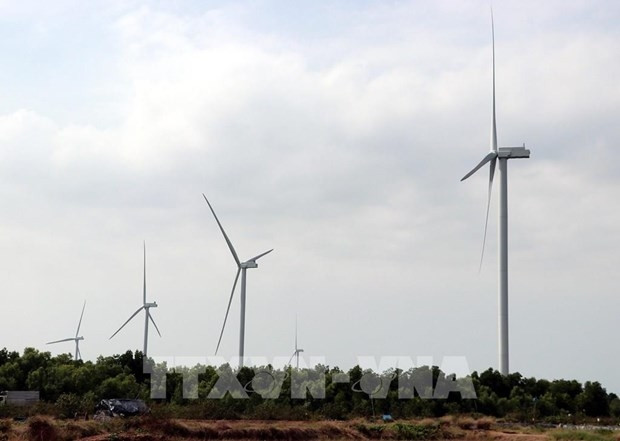Dr. Do Nam Thang, an expert in environment and climate change at the Australian National University, noted that the two countries share the goal of net zero emissions by 2050.
They also have great potential in solar and wind energy, especially offshore wind, he said, adding that Australia led worldwide in terms of solar power per capita with 1,129 kwh per person in 2021, while Vietnam took the lead in Southeast Asia with 218 kwh.
The expert emphasised a joint statement on commitment to practical climate action signed by Prime Minister Pham Minh Chinh and his Australian counterpart Scott Morrison last November.
During her visit to Vietnam last June, Australian Foreign Minister Penny Wong also laid stress on the transition towards cleaner and more affordable energy, considering this an economic opportunity for the two countries.
Thang regarded such statements as a foundation for the two sides to step up collaboration in the time ahead, saying “it is time for the two countries to enhance cooperation in climate change response”.
He suggested the two countries intensify their capacity for the implementation of the net zero emission commitment, adding that Australia should support Vietnam in training and share its experience in policy making and enforcement with Vietnamese ministries, agencies and localities.
The two sides can partner in the research and transfer of technologies, cooperate in renewable energy and maritime economic development, focus on offshore wind power and mining in service of renewable energy development, and establish a centre for climate change cooperation, Thang said.
















